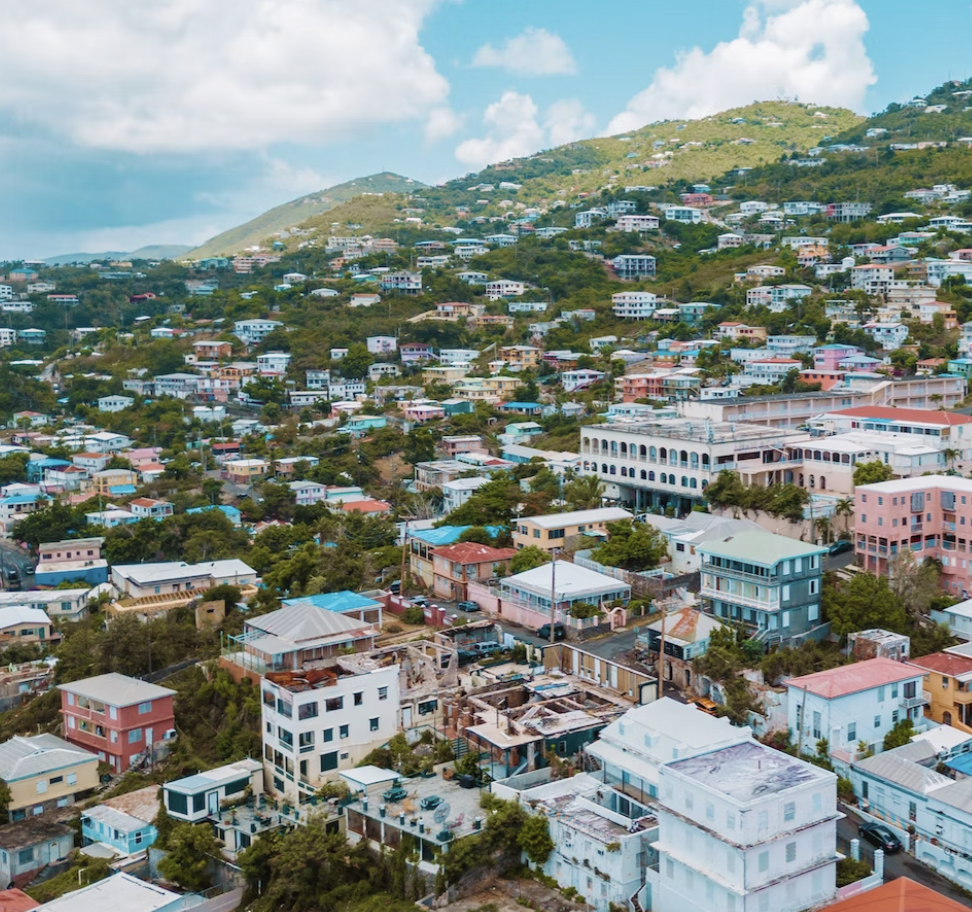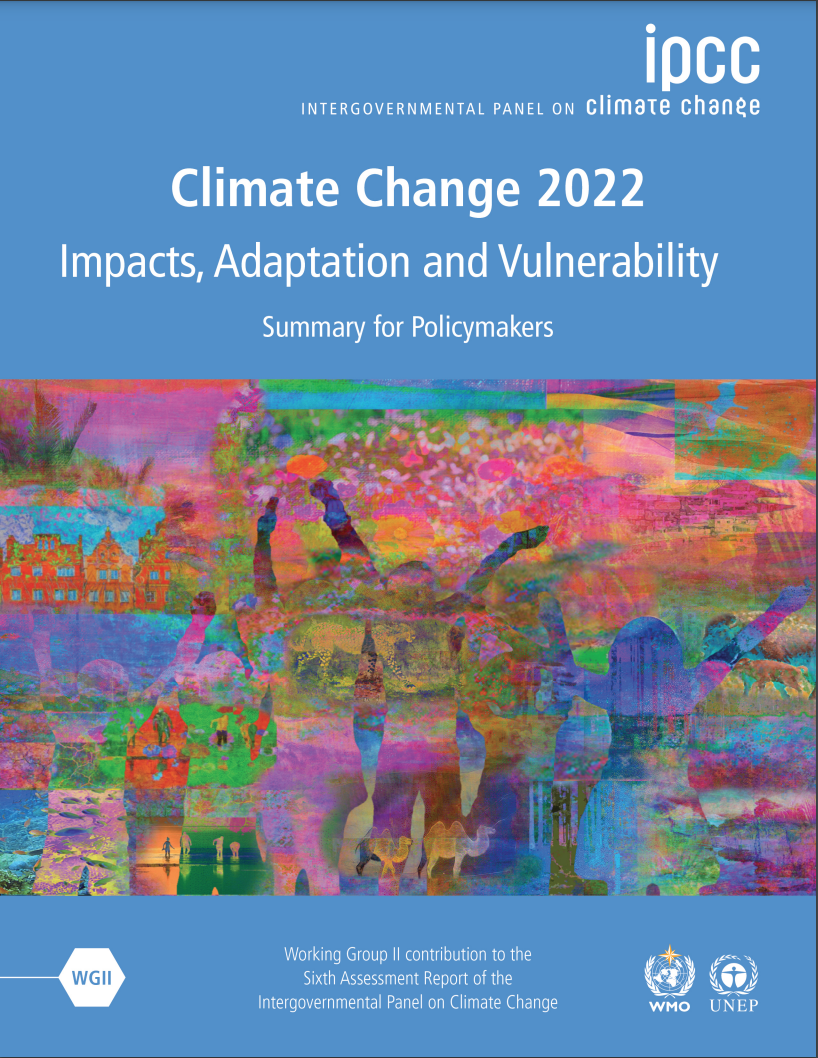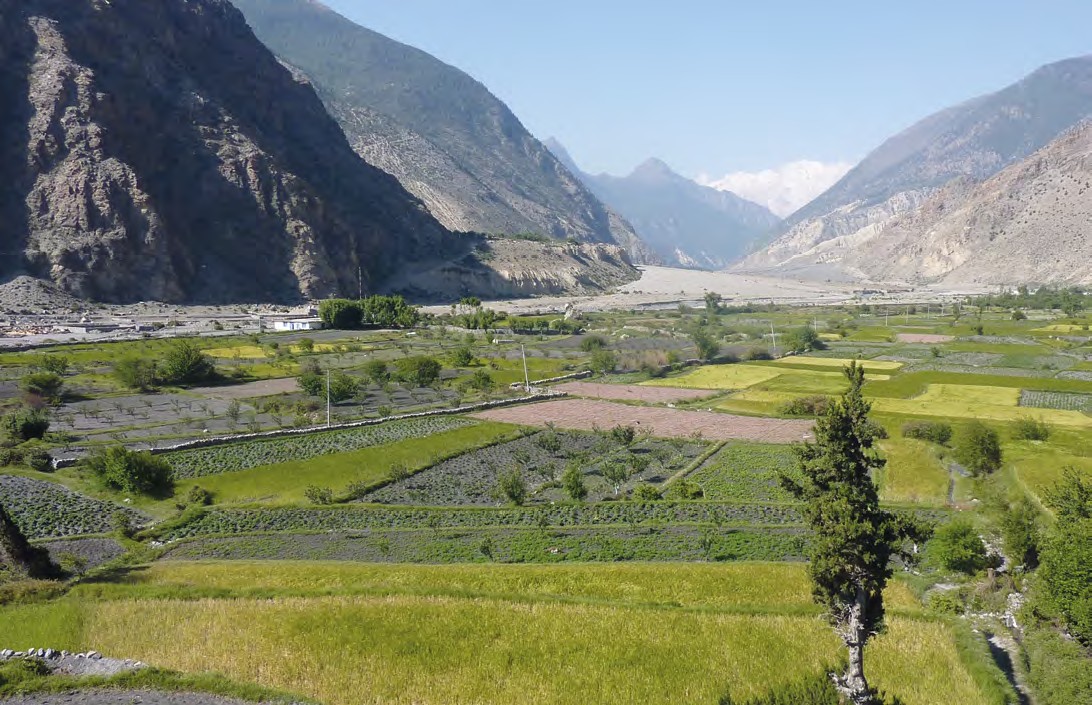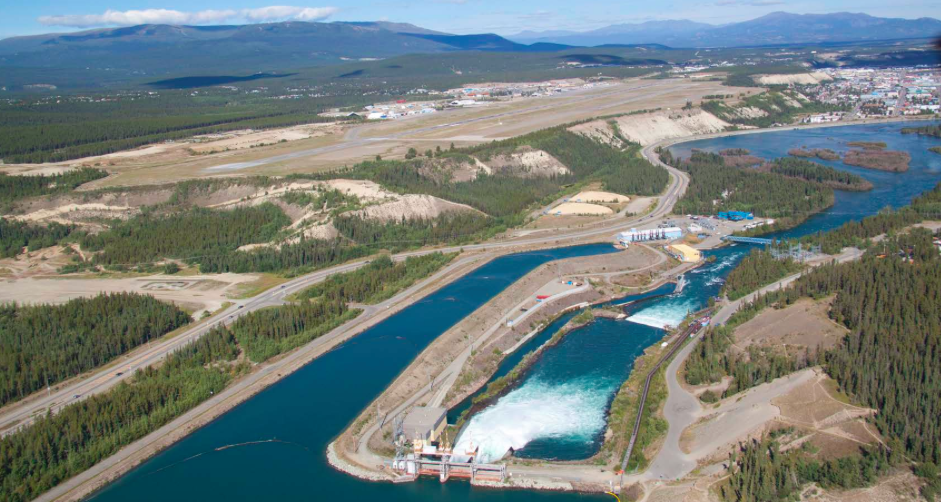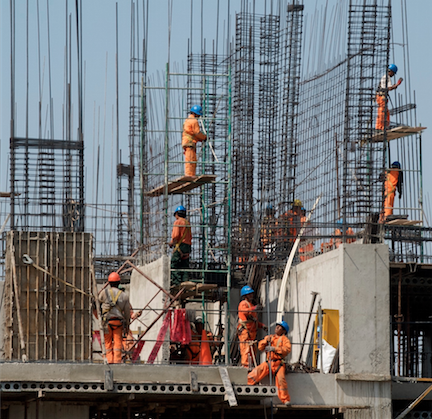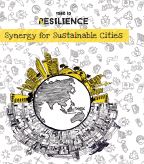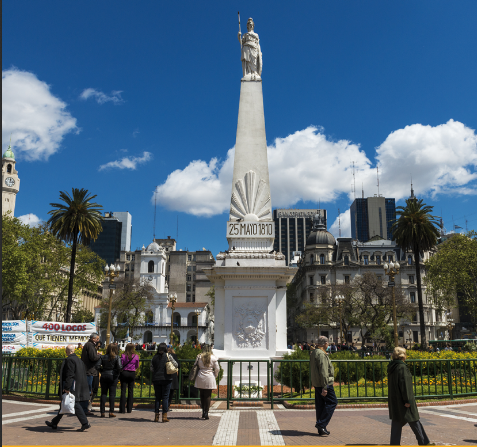Urbanisation
Urban heat in South Asia: Integrating people and place in adapting to rising temperatures
Learn about the current state of knowledge of and plans to manage urban heat in South Asia in this World Bank policy brief. It examines heat in South Asian cities through the different layers of the urban environment, explores different population groups that are vulnerable to urban heat, and provides 3 key recommendations.
Human populations in the world’s mountains: Spatio-temporal patterns and potential controls
Delve into the data and trends of human populations in mountainous regions, and explore the associations between mountain populations and different environmental covariates. Findings may inform predictions of future mountain population distributions under scenarios of future climatic change.
LC3 – A Sustainable Alternative for the Cement Industry
Learn about Limestone Calcined Clay Cement (LC3), a new low-carbon blended cement that allows cement manufacturers to reduce the CO2 emissions from production.
Human Face of Climate Change: From Risk to Resilience in Indian Cities
Learn about the human impacts of climate change on three Indian cities: Agra, Delhi, and Panaji. What are the risks that climate change poses? How are inhabitants of these cities coping? And what adaptation solutions can we put in place to improve resilience and benefit local communities?
The IPCC’s 6th Assessment Report: Impacts, Adaptation, and Vulnerability – Summary for Policymakers
Explore the key findings and further resources from Working Group II's contribution to the IPCC's sixth climate report.
Shaping the water–energy–food nexus for resilient mountain livelihoods
This brief presents a participatory process for assessing the status of water–energy–food systems in mountains, identifying governance and technical options and exploring alternative scenarios.
Canada’s Adaptation Platform: Projects and Results
This report summarises case studies across 11 sectors of industry and adaptation themes from Canada's Adaptation Platform.
Forging low emission development paths in Latin America & the Caribbean
This publication from the LEDS GP’s Subnational Integration Working Group and LEDS LAC investigates the multi-level dynamics, from local to national level, that underpin low emission action in LAC.
Synergy for Sustainable Cities
Written for multiple audiences, this book explores multi-stakeholder engagement for building resilience and ensuring urban sustainability, and details of actions for enhancing urban resilience.
The politics of climate change at the city level – Insights from a comparative study of Buenos Aires, São Paulo and Mexico City
This Guide summarises the the politics of climate-related decision-making in three Latin American mega-cities: Buenos Aires, São Paulo and Mexico City.

